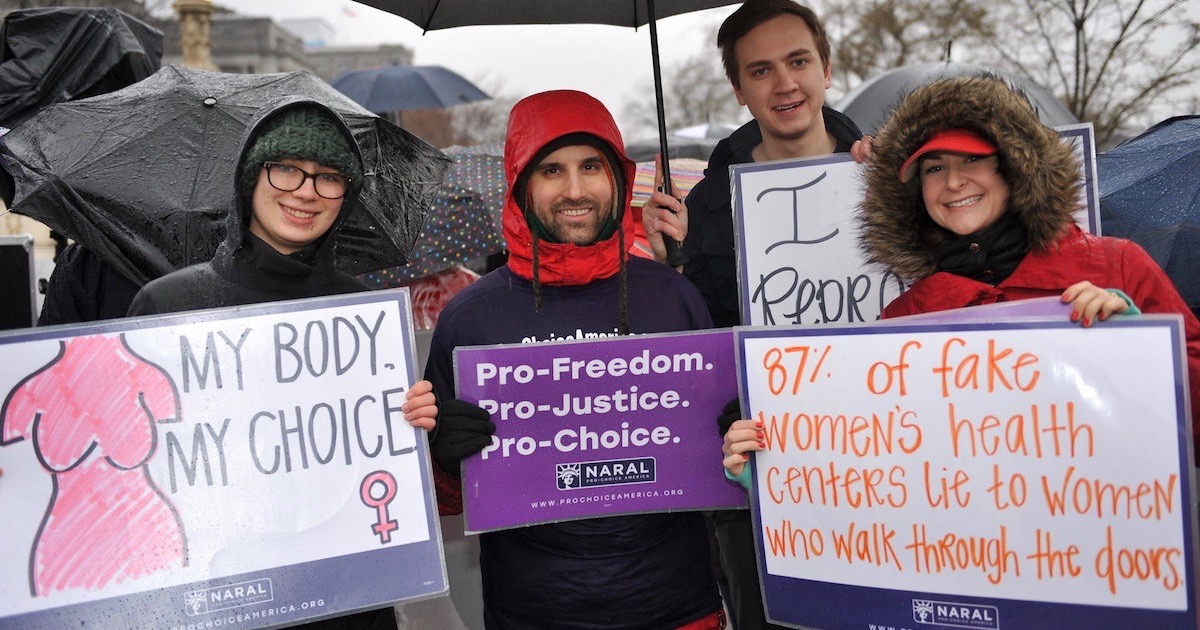 Medicine
Medicine
Fetal Pain – Another Case Where the “Science Denial” Insult Has Been Misapplied


In a New York Times op-ed, law professor Mary Ziegler lashes pro-life advocates for claiming to have “science on their side” and “praising legal restrictions based on what science supposedly says about fetal pain.”
“Supposedly”? It’s a blatant untruth that “fetuses cannot feel pain,” as neuroscientist Michael Egnor explains at Mind Matters. Quite the contrary, fetuses are more sensitive to pain than mature humans like you and me. This makes sense if you think about it for a moment, especially if you’re a parent: sensations that we would shrug off, babies find excruciating and intolerable. Did you think this sensitivity pops into being out of nowhere at birth?
A Timely Reminder
From “The Junk Science of the Abortion Lobby,” a particularly timely reminder as New York State celebrates its barbaric new abortion law:
The science of fetal pain is also well established. The core of the abortionists’ argument against the fact that young fetuses in the womb feel pain is the immaturity of the thalamocortical connections in the fetal nervous system. Because of this neurological immaturity, pro-abortionists claim, fetuses cannot feel pain. This claim is, however, a profound misrepresentation of neuroscience and embryology. Thalamocortical projections continue to mature throughout childhood and into early adult life — they are not fully mature until about 25 years of age. Yet children obviously feel pain, so the immaturity of thalamocortical projections does not in any way preclude the experience of pain.
In fact, pain is unlike any other sensory modality in that pain appears to enter consciousness awareness at subcortical (probably thalamic) levels. The cerebral cortex is not necessary to experience pain — it appears to modulate the experience of pain. Furthermore, cortical modulation of pain serves to diminish the severity of the pain. Decorticate animals (animals whose cerebral cortex has been removed) appear to experience pain more intensely than corticate animals do.
Babies obviously experience pain, and indeed appear to experience it more intensely than do adults. A bit of intestinal gas or a needle prick to draw blood can cause an infant to scream in agony. This extreme sensitivity to pain in young fetuses and babies is well-recognized in medical science1-3 and forms the basis for the anesthetic management of fetuses and young infants.
Read the rest at Mind Matters. The “anti-science” aka “science denial” label is slung around a lot, mostly at those who fail to line up with the expected progressive viewpoint on any given issue. As Dr. Egnor notes, this is another case where the insult has been misapplied.
